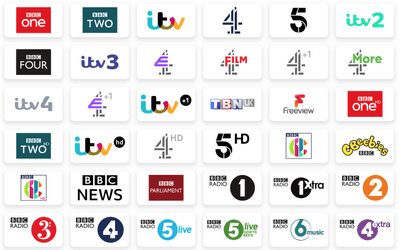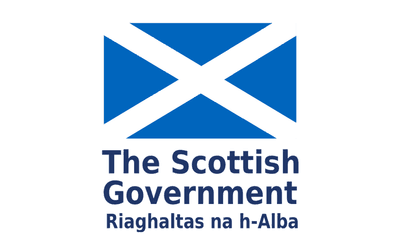Thanks to the increase of superfast full fibre networks that allow more bandwidth, fair usage policies are becoming far less common, although you will still find an ‘acceptable usage’ clause in your contract. In this guide we’re going to look at what this all means for your home broadband.
Do these apply to ‘unlimited data’ plans?
The majority of broadband packages now come with ‘unlimited data’, but some of these also have a fair usage policy attached that states how much data you can download before you face restrictions.
So, even if you have an unlimited data plan you could still be limited. Especially during peak times when more people want to connect and there is typically less bandwidth in the wider network. So, to manage congestion, providers can implement their fair usage policies.
The term ‘truly unlimited broadband' is now used to make it clear that there are no limitations at all on usage, so no fair usage policy.
What happens if you break the fair usage policy?
Your provider will notify any customer that has breached their fair usage policy. If it’s a first offence you might be let off with just a warning.
The penalties for this will depend on the provider and package, but these could include:
Slowed down connection
Also known as ‘throttling’, this limits the amount of data individuals can download and restricts usage at peak times by slowing their connection down.
A higher bill
The provider might be in their rights to move customers to a different, more expensive package, that will be more suitable for their usage.
Termination of service
If individuals are constantly in breach of their fair usage policy, they can have their plan cancelled and face an early termination charge too.
What amount of data would exceed a fair usage policy?
Most customers won’t be at risk of exceeding the allowance stated in their fair usage policies. Networks usually give their unlimited data customers a pretty generous 650GB-1000GB per month. To put that into perspective, your average home gets through about 482GB of data to month.
However, if you’re a large household who are all constantly streaming and downloading, you might want to take a look at how much data you’re using before switching to a plan that comes with a fair usage policy.
Check your broadband data usage
It might be worth checking your current usage to see how much data you’re consuming every month.
If your broadband contract has data caps you’ll be provided with an online tool to keep track of your allowance and this will be easy to find. But if you have an unlimited broadband package, this might not have any type of obvious tools to keep track of your data consumption, however there are ways to check.
Some Wi-Fi routers have a feature called ‘traffic use’ or ‘traffic meter' which measure data usage for your entire home network. There are also third-party apps and programmes that measure, although these are normally per device, so there will be a bit more adding up to do.
Which providers no longer have a fair usage policy?
Fair usage policies are now largely becoming a thing of the past thanks to full fibre. Due to the greater bandwidth capable by these super speeds, traffic management measures are needed less and less.
There are several providers that are all truly unlimited, including:
- Sky
- TalkTalk
- Plusnet
- BT
- Community Fibre
- Hyperoptic
What is ‘acceptable usage’?
While fair usage policies are being phased out, all providers continue to operate with an ‘acceptable usage policy.’
Rather than limit the amount of data you use, these policies put restrictions on how you use your broadband. These are designed to focus on stopping harmful behaviour, legal issues and security concerns.
They fall into three categories:
This is different to the fair usage policy. It’s not an explicit cap on usage, but more of a bid to stop home broadband connection for being used outside personal purposes and operating as a commercial business.
Using your internet connection for any illegal purpose is a certain way to get your account terminated. This includes promoting criminal activities, hacking, breaching copyright and impersonation or misrepresentation.
Some broadband providers include specific clauses about the way customers are allowed to use the service. This can be a bit of a mix of both ‘illegal activities’ and ‘disproportionate use’. Customers may be warned they cannot: promote violence, threaten abuse or encourage hate, send unsolicited communications such as spam mail and interfere with other people's right to privacy.




